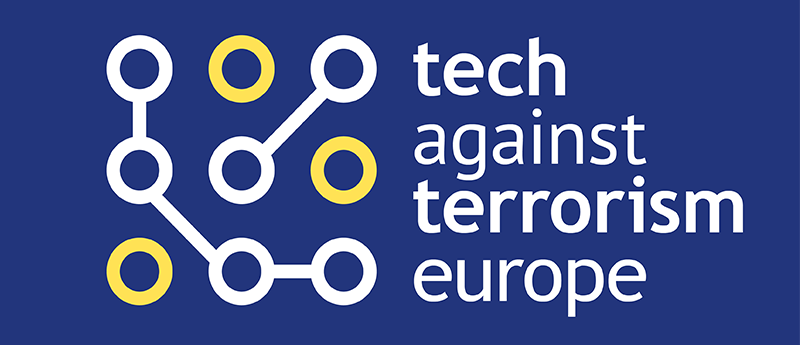A new report from Tech Against Terrorism reveals that there has been a limited application of designation when it comes to tackling terrorist content online.
‘Designation’ is the international system by which the authorities within a jurisdiction can classify either a group or an individual as ‘terrorist’. It is a legal tool that permits the curtailment of designated entities’ rights, limiting terrorists’ entitlement to travel or receive funds.
However, when it comes to countering terrorists online, tech companies are confronted with the challenge of operating across differing judicial systems with varying approaches to the proscription of terrorists.
Tech companies are therefore forced to navigate this complexity and must ultimately bear the burden of defining terrorist entities: a responsibility that should be borne by governments.
Tech Against Terrorism report's analyses 12 different global designation systems.
We illustrate how some designation lists are rooted in the definition of terrorism whilst others are not. Canada’s list, for example, is dependent on the definition of terrorism and terrorist activity, whilst Germany’s list labels groups as anti-constitutional rather than attributing such groups according to the terrorism definition.
Key recommendations:
-
Transparent designation systems
Where designating authorities make their list of designated, proscribed, dissolved, or banned organisations both public and easily accessible.

